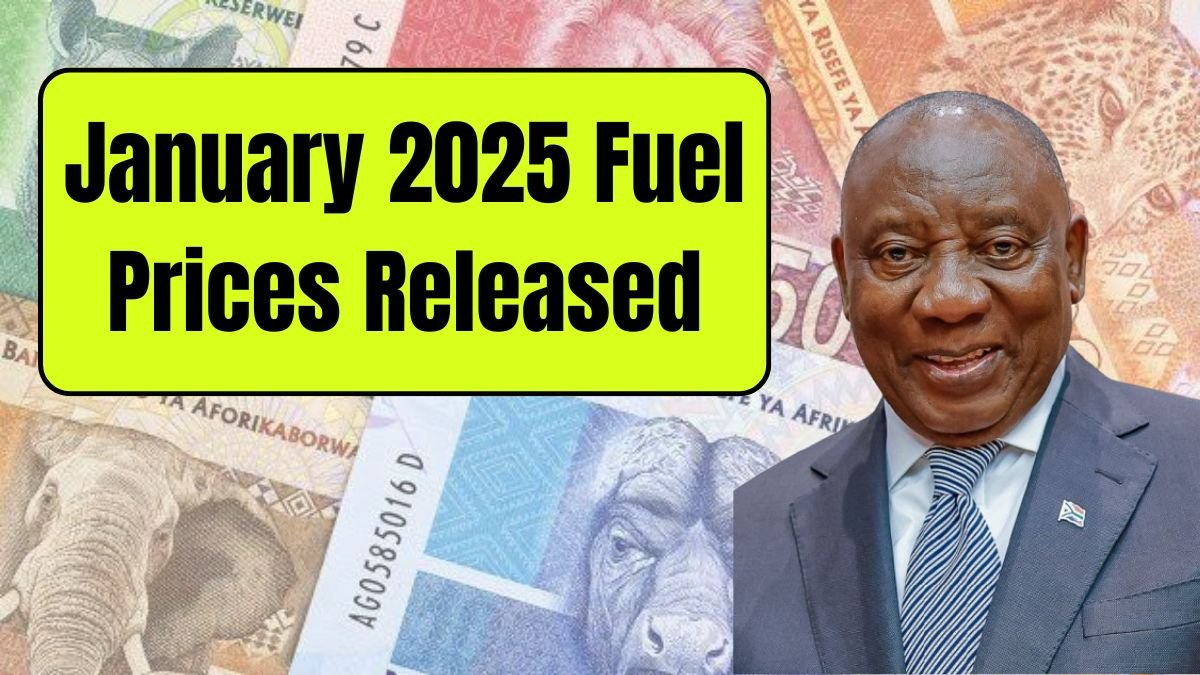As the calendar flips to 2025, a fiscal scenario is staring many South African citizens in the face – that of price hike at the petrol pumps. Fuel prices are very much likely to shoot up in the first month of this new year, pushing the already exhausted household budgets to inch further towards breaking point. In addition, given the continued economic strain at the national level against a backdrop of world energy trends, such cost increments mean yet another hindrance to already harassed and over-stressed consumers in South Africa.
Primary Factors Leading to the Price Increase
Come January 2025, fuel prices will take a considerable hit on car owners. In this regard, the price hikes are born out of different external and local elements that directly influence fuel pricing. On an international scale, crude oil prices continue to be volatile as recent geopolitical tensions in important oil-producing areas, as well as changes in global supply and demand, have contributed to rising fuel prices. Major oil-producing countries like OPEC and Russia continue to cut production, thus maintaining an upward trend in oil prices.
January 2025 Fuel Prices Released
- Rise Petrol 93 – increase by 19 cents per litre
- Petrol 95 – increase by 12 cents per litre
- Diesel 0.05% – increase by 7.50 cents per litre
- Diesel 0.005% – increase by 10.50 cents per litre
Currently, price types for Brent Crude oil, which serve as super benchmarks for fuel imports to South Africa, have been varying around $90 over the past months per barrel. As this country imports a greater percentage of its fuel, thus, the prices changes even affect local prices of fuels directly.
Effects on Households in South Africa
The increase in fuel prices generally has affected South African households negatively, for instance, general cost of transport will inflate significantly to affect even private car owners and public transport users main. In consequence of the fuel price rise, taxi and bus fare increases can be expected, adding an extra financial burden on the stretched household budgets. This is particularly worrying for lower-income South Africans using public transport as their primary means of getting to work, school, or even errands.
An increase in operational costs results from transportation for deliveries for many businesses, like supermarkets and local retailers. This often leads to price increases on staples of everyday consumption, such as food and other basic items. The higher prices of fuel will, therefore, be felt all over many sectors and will lead to inflating this country.
Increase In Fuel Prices
The increase in fuel prices will cause tough choices for many South Africans. Households, in general, already have jangled budgets from inflation, high unemployment rates, and food price increases, and household habits or attitudes toward driving may change. The distance to be covered may be shortened, or forms of mobility used to commute to work may be selective owing to increased travel expenditures because of higher fuel prices. For many more people, however, driving to work or school is all about using private vehicles.
Public Response and Government Action
Many South Africans now look to their government to ease the pain of the price hikes. Historically, calls include reducing fuel levies or suspending some taxes temporarily so they will not touch consumers’ pockets. With government finances already overstretched and the need for revenue in funding infrastructure projects, it is unlikely that these adjustments would happen soon.
Also Read: SASSA Account Suspension Warning: What To Know For The New Year
Also Read: SASSA Account Suspension Warning: What To Know For The New Year
